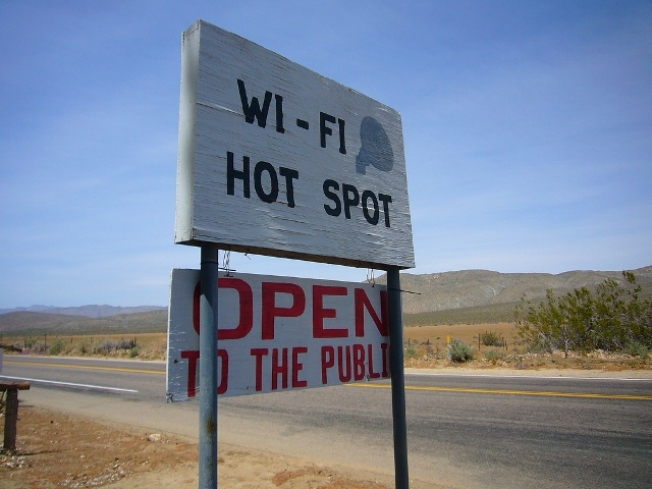Given carriers’ past efforts to quash municipal Wi-Fi plans, it isn’t any surprise that they aren’t big fans of a Federal Communications Commission plan to deploy a free Wi-Fi network across large areas of the United States. The Washington Post reports that the FCC has proposed creating “super Wi-Fi networks across the nation, so powerful and broad in reach that consumers could use them to make calls or surf the Internet without paying a cellphone bill every month,” and carriers are extremely unhappy about it. It isn’t exactly hard to understand why, since the Post writes that the new free Wi-Fi networks will be used “to make free calls from their mobile phones via the Internet” and “could even use the service in their homes, allowing them to cut off expensive Internet bills.”
UPDATE: Jon Brodkin at Ars Technica has found that the premise of the Washington Post’s entire story is completely faulty. Essentially, the Post took the FCC’s old plans to open up spectrum on the 600MHz band for unlicensed use and decided this constituted a new plan to create a free Wi-Fi network that people could use to replace their carriers. But as Brodkin puts it, we’ll get free super Wi-Fi from the FCC when unicorns come to life.
But while the wireless carriers and networking equipment companies such as Cisco (CSCO) are opposed to the plans, the Commission is getting encouragement from tech giants such as Microsoft (MSFT) and Google (GOOG), which both want to increase access to the web and thus increase traffic to their online services. Regardless of tech companies’ support, however, we shouldn’t expect to see free government-run Wi-Fi networks in the United States for at least a few years as the Post reports that the FCC’s plan will require that local broadcasters sell some of their spectrum back to the government, a proposal that will inevitably face some blowback from a broadcasting industry that already thinks it’s given up far too much spectrum for mobile data services.






